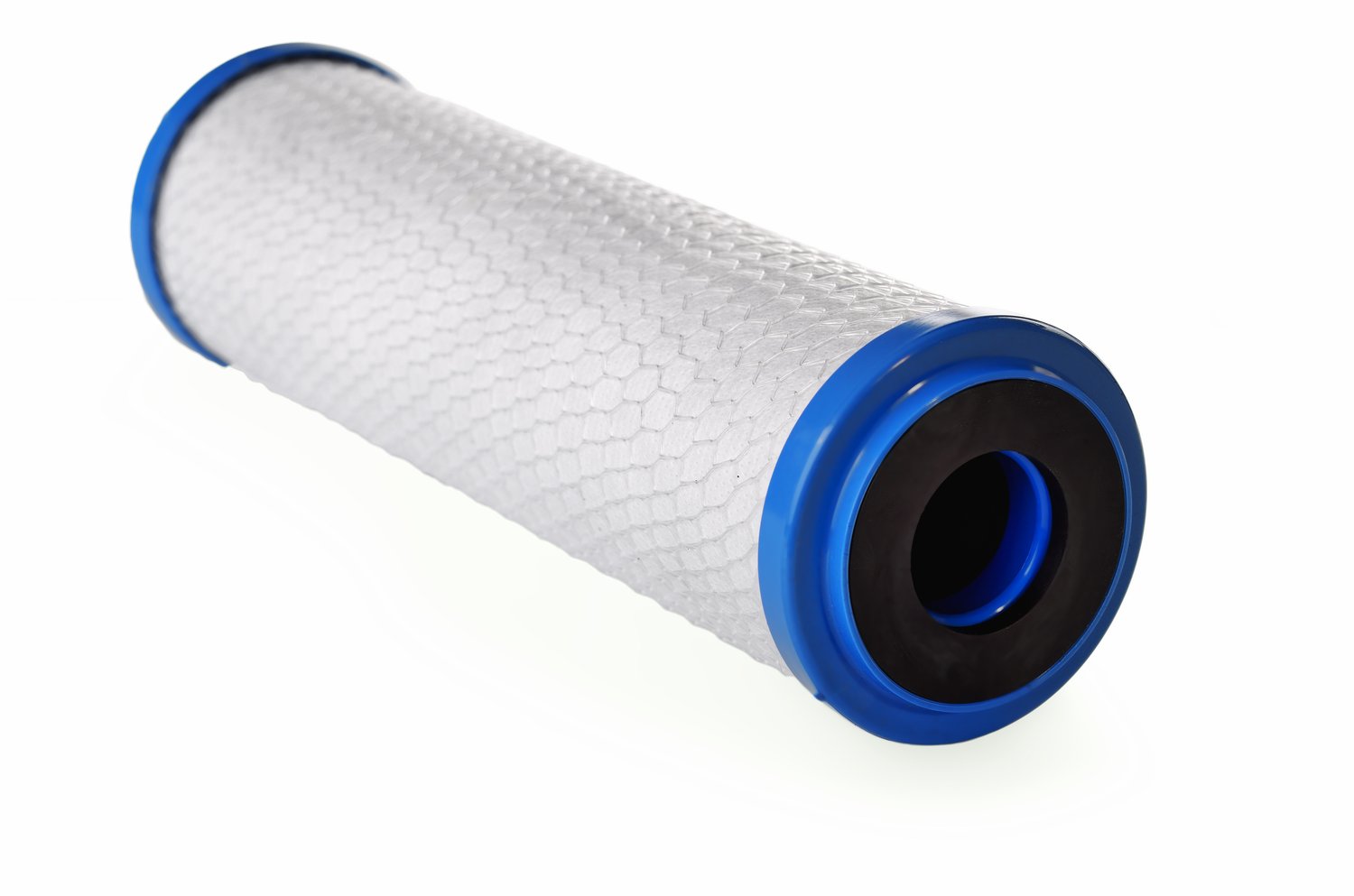Ensuring the purity of your water supply isn’t just a preference—it’s a necessity, particularly when your health or business depends on it. Selecting the right water filter cartridge is not only a matter of removing impurities but also about matching technology to your specific needs for optimal results. This article will walk you through how to effectively identify and eliminate unwanted contaminants from your water.
- Learn how different types of water contaminants uniquely affect water quality and overall safety.
- Discover which water filter cartridges are best suited for removing specific impurities, enhancing both health and appliance longevity.
- Gain insights into the most efficient water purification technologies, ensuring top performance from your filtration system.
With this knowledge, you can confidently select a water filtration solution that best matches your contaminant needs. Whether at home or in a business setting, knowing your options empowers you to make informed choices for cleaner, safer water.
Understanding Water Filter Cartridge Selection: Match Your Contaminant Needs
Ensuring the purity of your water supply is more critical than ever, and choosing the right water filter cartridge plays a vital role in this process. With a variety of water contaminants lurking in your water supply, from sediments to harmful chemicals, it’s essential to select a water filter that targets and removes these impurities effectively.
The process begins with understanding the specific contaminants present in your water. Different filter cartridges utilize distinct technologies to tackle specific problems. For instance, carbon block filters excel at removing chlorine and volatile organic compounds (VOCs), whereas reverse osmosis systems are effective against dissolved salts and heavy metals.
Consider the water purification standards you desire, as well as the flow rate and lifespan of the filter cartridges. These aspects ensure the compatibility of the cartridge with your water treatment system, maximizing performance and longevity.
Identifying Common Water Contaminants and Their Impact
Water contaminants in residential and commercial settings can vary widely, impacting both health and appliances. Some common water impurities include:
- Chlorine: Used as a disinfectant in municipal water supplies, it can affect taste and potentially cause skin irritation.
- Lead: Often found in older plumbing systems, lead exposure can have severe health consequences, particularly in children.
- Bacteria and Viruses: These can lead to waterborne illnesses, making effective filtration essential for safety.
- Volatile Organic Compounds (VOCs): These can originate from industrial waste and have long-term health implications.
- Sediments: While not typically harmful, sediments can clog plumbing fixtures and reduce the efficiency of appliances.
The presence of these contaminants can degrade water quality, affecting not only the safety of water consumption but also the operation of kitchen equipment. Understanding the specific contaminants in your water supply is crucial for selecting a filtration system that enhances both safety and appliance longevity.
Water Filter Cartridge Selection: Match Your Contaminant Needs with Optimal Solutions
When it comes to choosing the right water filter cartridge for your home or business, understanding the specific contaminants you’re targeting is crucial. Effective water filtration begins with selecting a cartridge that is equipped to handle the impurities present in your water supply.
One of the most popular choices is the activated carbon filter, known for its ability to remove chlorine, volatile organic compounds (VOCs), and other chemical impurities. This type of cartridge is highly efficient, making it a top choice for improving taste and odor in water.
If your water supply is at risk of microbial contamination, such as bacteria and viruses, consider filter cartridges with a ceramic technology. These cartridges are designed to block and remove harmful microorganisms, ensuring your water is safe to drink.
For homes and businesses dealing with mineral-heavy water, which often results in hardness, a reverse osmosis (RO) system might be ideal. This advanced technology effectively reduces dissolved solids, such as calcium and magnesium, greatly improving water quality and protecting your appliances from scale buildup.
In situations where chemical pollutants, including pesticides and herbicides, are a concern, multi-stage filtration systems offer a comprehensive solution. These systems often combine several filtration methods to target diverse contaminants, providing an all-in-one solution for clean and safe water.
It’s essential to evaluate the performance ratings and certifications of filter cartridges to ensure they meet industry standards for efficacy. When matched correctly with your specific contaminant needs, the right water filter cartridge not only enhances water quality but also contributes to the overall health of your household or business environment.
Water Filter Cartridge Selection FAQ
What types of water filter cartridges are available?
There are several types including activated carbon, reverse osmosis, ceramic, and KDF filters, each designed for specific contaminants.
How do I know which contaminants are in my water supply?
Use a water testing kit to identify contaminants in your water or consult with a professional water testing service.
What contaminants can activated carbon filters remove?
Activated carbon filters are effective at removing chlorine, sediment, volatile organic compounds, and improving taste and odor.
Can a single water filter cartridge remove all contaminants?
No, different cartridges target specific contaminants, so you may need a multi-stage system for comprehensive filtration.
How often should I replace my water filter cartridge?
It depends on the water quality and filter type; generally, every 6 to 12 months is recommended.





